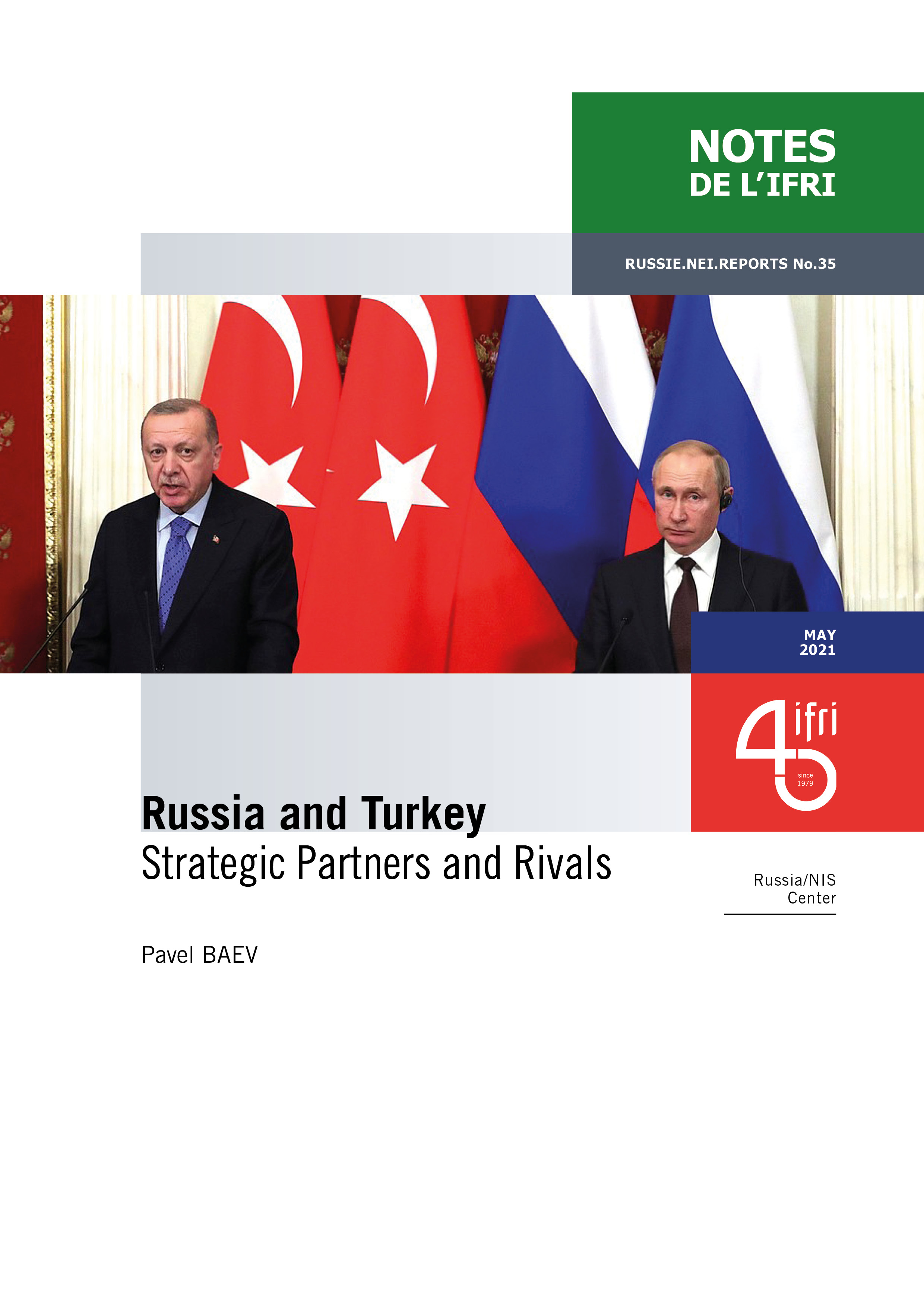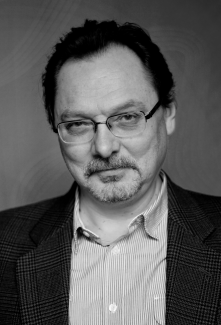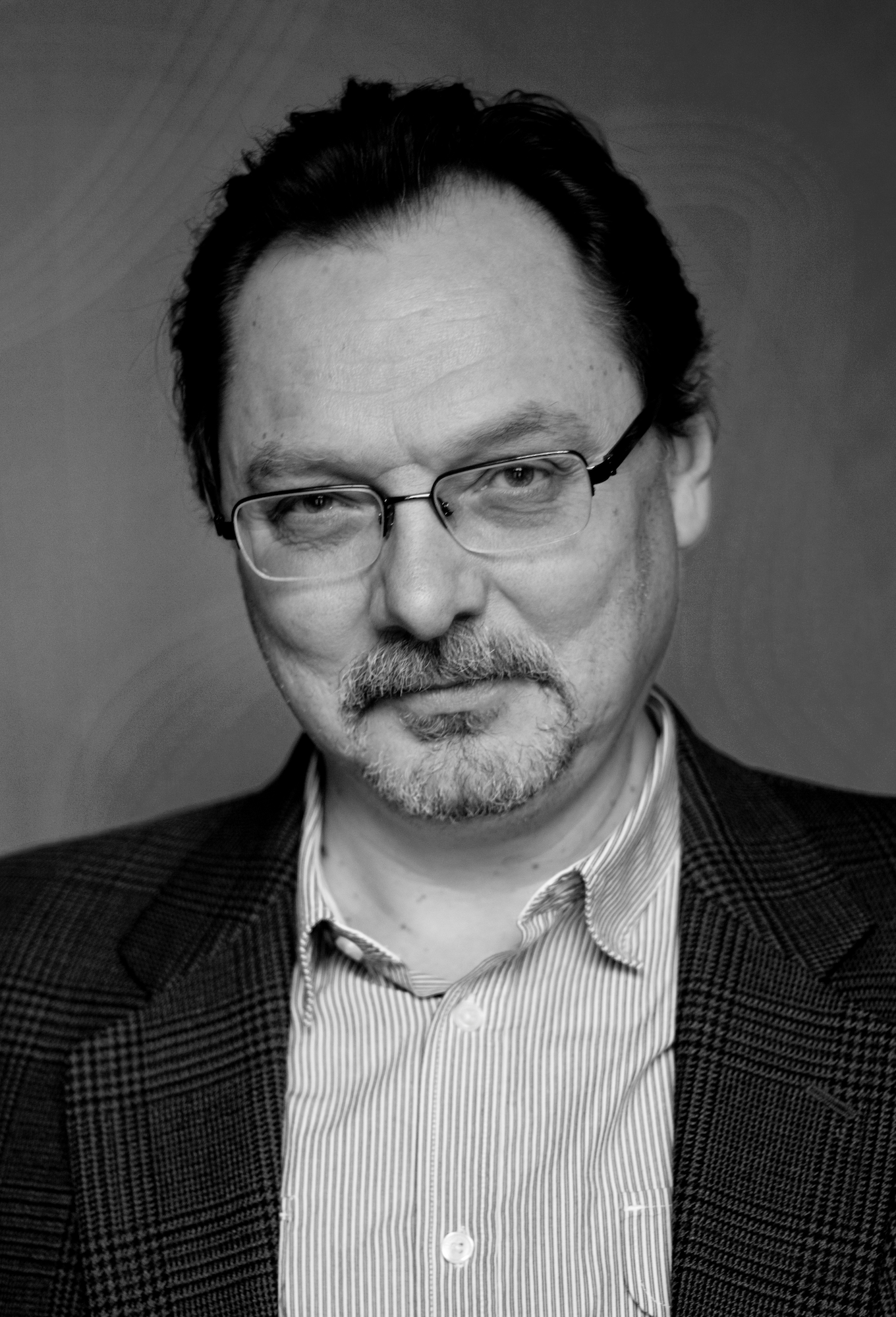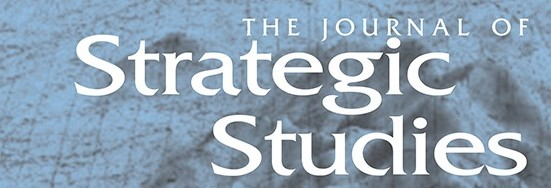Russia and Turkey. Strategic Partners and Rivals

The extraordinarily troublesome year 2020 tested many international institutions and bilateral ties, but few experienced sharper challenges than the complex relations between Russia and Turkey, which have a strong impact on crisis developments in Europe’s immediate neighborhood.
Moscow can be content that Ankara is now perceived in Paris, Berlin and Washington DC as a major troublemaker, but it finds itself rather too often on the receiving end of Turkish attempts at projecting power. It was the unreserved and forceful support granted by Turkey to Azerbaijan in the war against Armenia in autumn 2020 that forced many Russian analysts to re-evaluate the status and prospects of relations with this important and difficult neighbor. There is a degree of compatibility between the autocratic political systems maturing in Russia and Turkey, but the latter state is a NATO member, while the former perceives the Atlantic Alliance as the inexorable adversary. Many drivers shaping Russian-Turkish relations, from deepening domestic discontent with corrupt authoritarian rule to the shifts in the European energy market, are outside the control of their ambitious autocrats.
This analysis will focus on the most recent and ongoing shifts in the character of this relationship. Evaluation of the key dimensions of bilateral interactions, from historical and economic to personal, is followed by an investigation of the dynamics of interplay in four key intersections: the Syrian warzone, the Black Sea area, the Libyan conflict, and the Caucasus, shaken by the new spasm of war around Nagorno Karabakh.
Pavel Baev is a Research Professor at the Peace Research Institute, Oslo (PRIO). He is also a Senior Non-Resident Fellow at the Brookings Institution, Washington DC, and an Associate Research Fellow at Ifri, Paris.
Download the full analysis
This page contains only a summary of our work. If you would like to have access to all the information from our research on the subject, you can download the full version in PDF format.
Russia and Turkey. Strategic Partners and Rivals
Related centers and programs
Discover our other research centers and programsFind out more
Discover all our analysesDeathonomics: The Social, Political, and Economic Costs of War in Russia
The report attempts to outline and examine a truly new phenomenon in Russian society, dubbed “deathonomics”—the making of a mercenary army against the backdrop of the Kremlin’s war in Ukraine, eventually replacing both the Soviet (conscript) and early new Russian (contract) armies. It notes that, by the end of 2023, this trend had turned the military service into one of the highest-paying professions in the country, something not seen in Russia on such a scale since the late 17th century.
Russia's Asia Strategy: Bolstering the Eagle's Eastern Wing
Among Russia’s strategic priorities, Asia traditionally played a secondary role compared to the West. In the mid-1990s, then Foreign Minister Yevgeny Primakov initiated a rapprochement with China and India. Then, in 2014, deteriorating relations between Russia and the West prompted Moscow to begin its “great pivot to the East”.
Kazakhstan After the Double Shock of 2022: Political, Economic and Military Consequences
The year 2022 represented a dual shock for Kazakhstan. In January, the country faced its most severe political crisis since independence, followed in February by Russia’s full-scale invasion of Ukraine, which cast uncertainty over the borders of post-Soviet states. These consecutive crises profoundly shaped Kazakhstan’s domestic and foreign policy.
How the Russian Army Changed its Concept of War, 1993-2022
The traditional and high-intensity war that has occurred in Ukraine since Russia decided to invade raises a key issue: did post-soviet Russian strategic thought really prepare Russia for waging this war?













